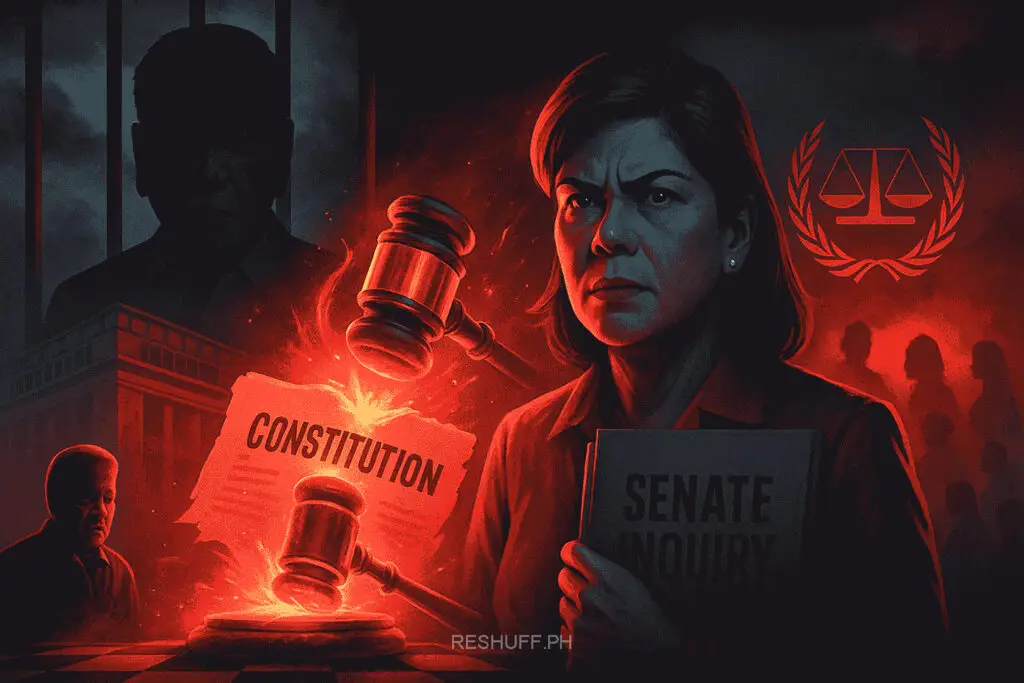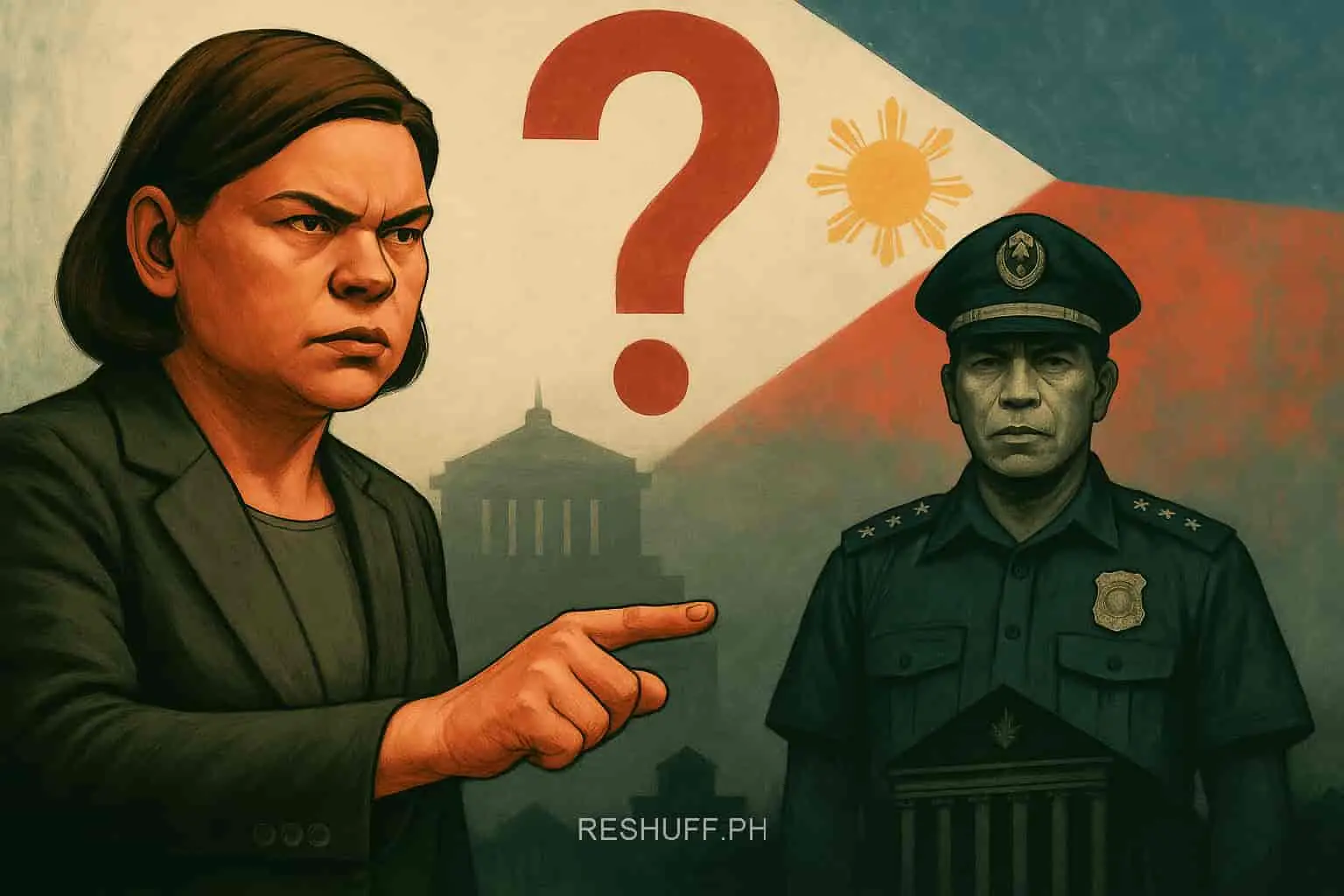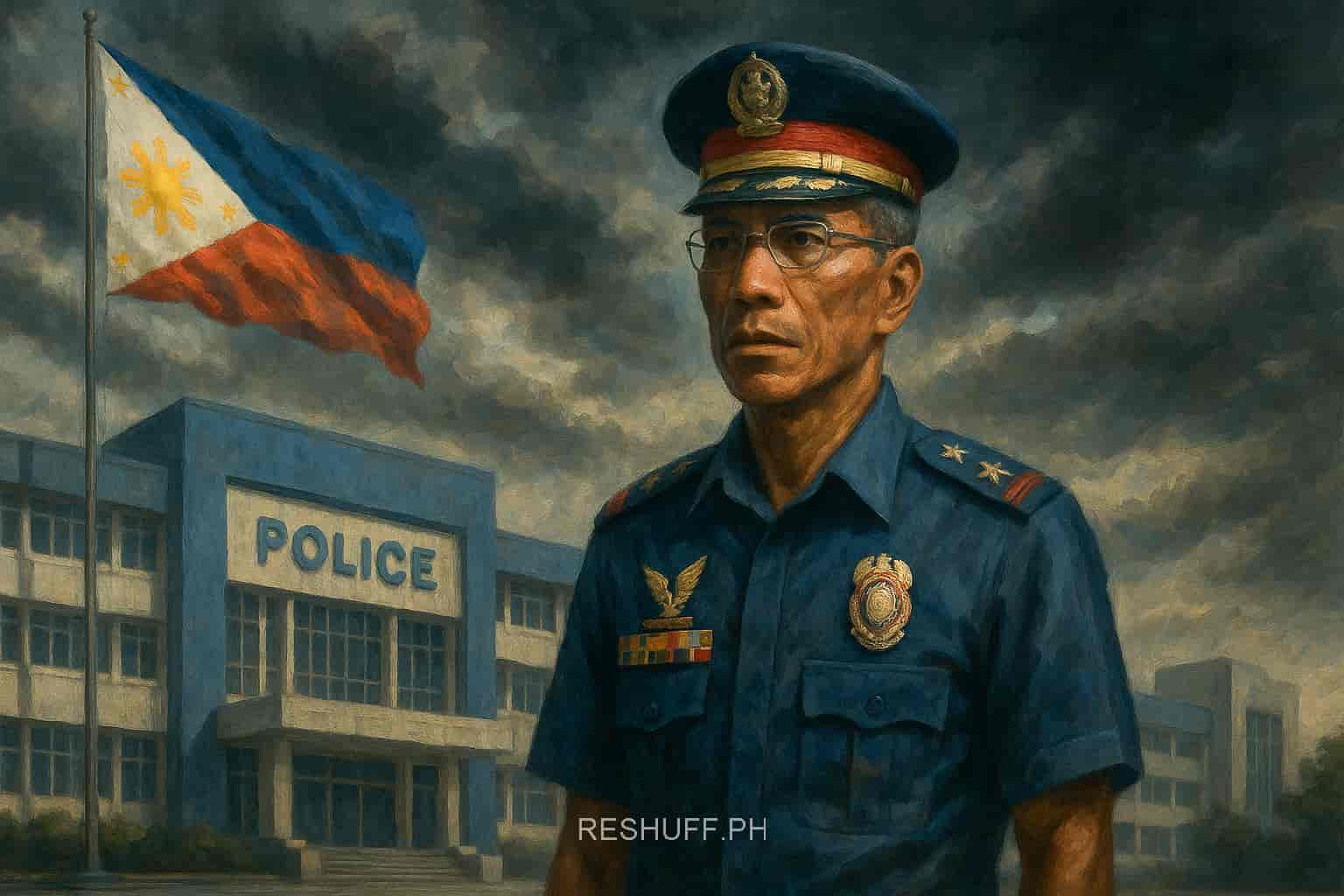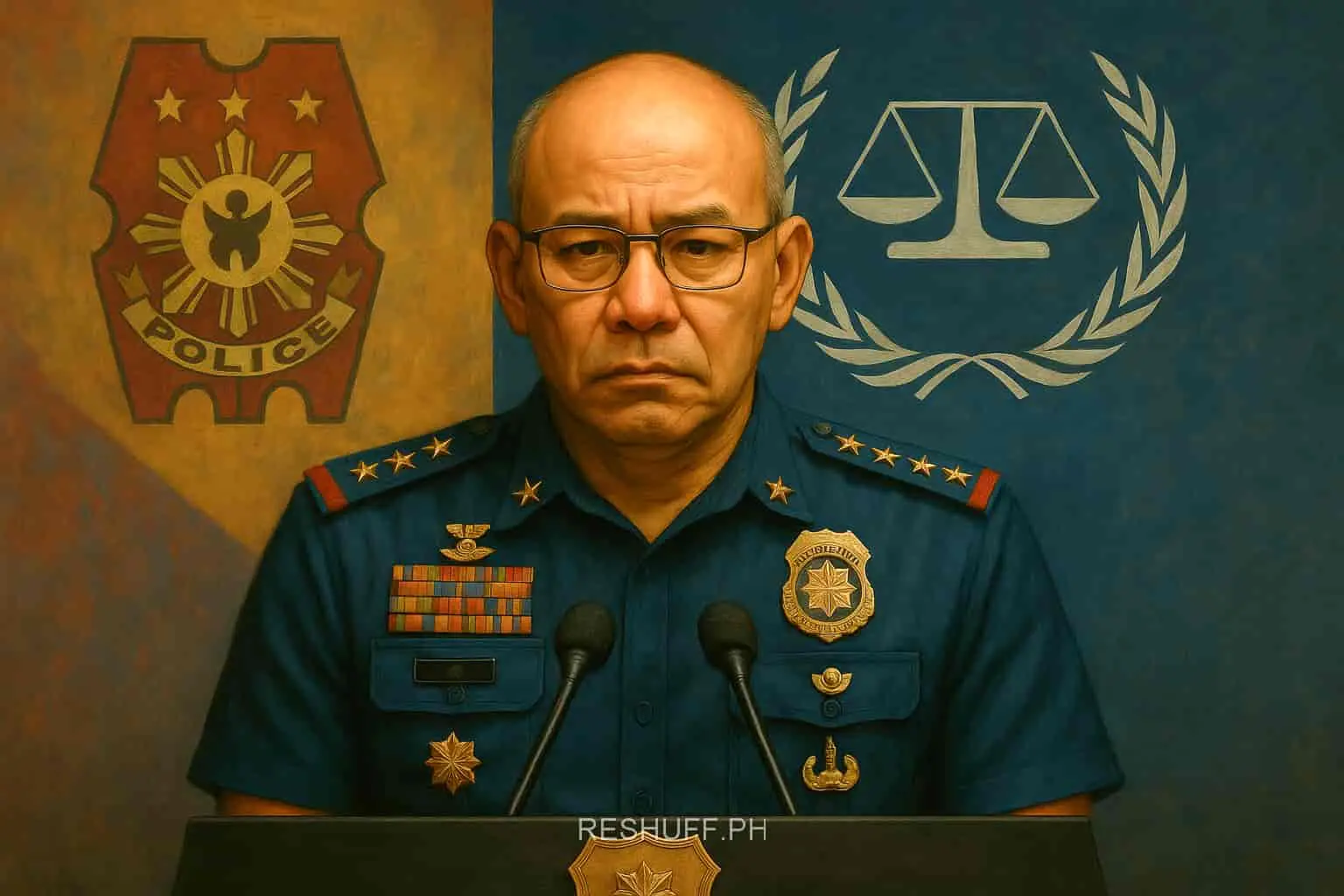Former Philippine President Rodrigo Duterte’s legal team has cited Senator Imee Marcos’s Senate investigation as crucial evidence in their challenge against the International Criminal Court’s jurisdiction. The 38-page defense document, filed on May 1, reveals how the strained Marcos-Duterte alliance continues to impact the high-profile international case, with Senator Marcos potentially offering a lifeline to the detained former president.
The ICC Challenge: Inside Duterte's Legal Defense
The walls of The Hague now confine the man who once commanded the Philippines with an iron fist. Former President Rodrigo Duterte’s defense team has launched a bold challenge against the ICC’s jurisdiction, drawing heavily from evidence uncovered during Senator Imee Marcos’s recent Senate probe.
Defense lawyers Nicholas Kaufman and Dov Jacobs filed a 38-page challenge on May 1, arguing that the “preconditions for the exercise of jurisdiction” were not met when the ICC authorized its investigation in 2021. Their central argument cuts straight to the heart of international law: “The jurisdictional framework of the Rome Statute is clear: A State must be a State Party at the time of the exercise of jurisdiction,” the defense team stated in their filing.
The defense emphasized that “The Republic of the Philippines was no longer a State Party to the Rome Statute at that critical point in time,” referencing the Philippines’ formal withdrawal from the treaty after the ICC prosecutor initiated an examination in 2018.
The Presidential Letter That Changed Everything
In a dramatic revelation during Senator Marcos’s March 20 Senate committee hearing, a presidential letter emerged that may prove pivotal to Duterte’s case. Current President Ferdinand Marcos Jr. had written to Vice President Sara Duterte on December 15, 2023, firmly committing that the government would not “assist the ICC, in any way, shape or form.”
This letter, now wielded by Duterte’s defense team, forms the basis of their claim that President Marcos “has impliedly accepted, for jurisdictional reasons, that former President Duterte should not be tried at the (ICC).” The timing of this revelation couldn’t be more significant, coming after the complete collapse of the once-powerful Marcos-Duterte political alliance.
President Marcos had assured the Vice President that he remained “steadfast in (his) resolve that the jurisdiction of the ICC over the Republic of the Philippines after the effectivity of its withdrawal therefrom is very much in question.” He added with confidence: “I am certain that all members of my Cabinet, including yourself, will echo my views on the matter.”
From Allies to Adversaries: The Political Fallout
The political landscape has shifted dramatically since that December letter. What was once a strong Marcos-Duterte coalition has crumbled into open hostility, with the former president now behind bars in The Hague despite the earlier assurances.
When explaining his decision to allow law enforcement agencies to arrest and surrender Duterte to the ICC, President Marcos cited the country’s commitment to the International Criminal Police Organization. The arrest warrant had been coursed through Interpol, creating a legal pathway for Duterte’s detention despite previous promises.
Senator Imee Marcos’s Senate investigation has focused intensely on issues surrounding the former president’s arrest and transfer to the ICC. In recent statements, she indicated that charges may be filed against officials who participated in the arrest, describing it as potentially illegal.
Legal Strategy Emerges
In a telling interview with Duterte supporters, defense lawyer Kaufman confirmed that the Senate probe materials could prove instrumental in their fight to free the former president. “The jurisdictional challenge we’ve filed is just the beginning,” he suggested, though the defense team has yet to formally address the matter of Duterte’s arrest and transfer in their legal filings.
The defense challenge primarily contests the ICC’s jurisdiction on technical grounds related to the Philippines’ withdrawal from the Rome Statute. This approach mirrors strategies used in other international cases where jurisdiction becomes the primary battleground before any substantive charges are considered.
The Unexpected Alliance: Sara Duterte and Imee Marcos
At a campaign rally in Zamboanga City last Saturday night, Vice President Sara Duterte publicly expressed gratitude toward Senator Marcos, creating an unexpected alliance in Philippine politics. “Thank you to Senator Imee Marcos because she helped push for an investigation on the kidnapping of president Duterte here in our country,” the Vice President declared to supporters.
She added with emotion: “Thanks to her for helping us gather evidence that we can use for the case.” The Vice President also thanked the senator for standing by her amid increasing political attacks against her office, solidifying their unexpected partnership.
Speaking to reporters at the same rally, Senator Marcos expressed hope that evidence gathered through her hearings would influence decisions on ICC jurisdiction and potentially secure Duterte’s interim release. “It is our hope that with these hearings, we were able to get the sham facts, document testimonies and a lot of admissions from the government side,” the senator stated with determination.
A Personal Connection to Political Persecution
Senator Marcos drew a personal parallel between Duterte’s situation and her family’s own history of political exile. “I won’t lose hope because this also happened to my father, to us. We were kidnapped and we were forced to go to Hawaii. It is important that we fight for this,” she said, referencing her family’s forced departure from the Philippines following the 1986 People Power Revolution.
This personal connection appears to fuel Senator Marcos’s commitment to challenging what she views as an improper detention, despite representing a political family that was once itself removed from power under controversial circumstances.
As the legal battle unfolds at the ICC, the political repercussions continue to reshape alliances within Philippine politics. The once-solid Marcos-Duterte partnership has transformed into something few political analysts could have predicted – with Senator Imee Marcos potentially becoming the strongest ally of the Duterte family in their time of crisis.
Conclusion
The use of Senator Marcos’s Senate probe in Duterte’s ICC challenge highlights the complex intersection of domestic politics and international law. As the former president’s legal team builds their case against ICC jurisdiction, the evidence gathered through Senate hearings may prove decisive in determining whether Duterte faces trial for alleged crimes or returns to the Philippines.
With the Vice President publicly aligning with Senator Marcos against her own administration colleague President Marcos Jr., Philippine politics continues its dramatic evolution. The outcome of this legal challenge will not only determine Duterte’s fate but potentially reshape political alliances for years to come.
Reshuff PH
Latest News In The Philippines brought to you by Reshuff PH






One Response